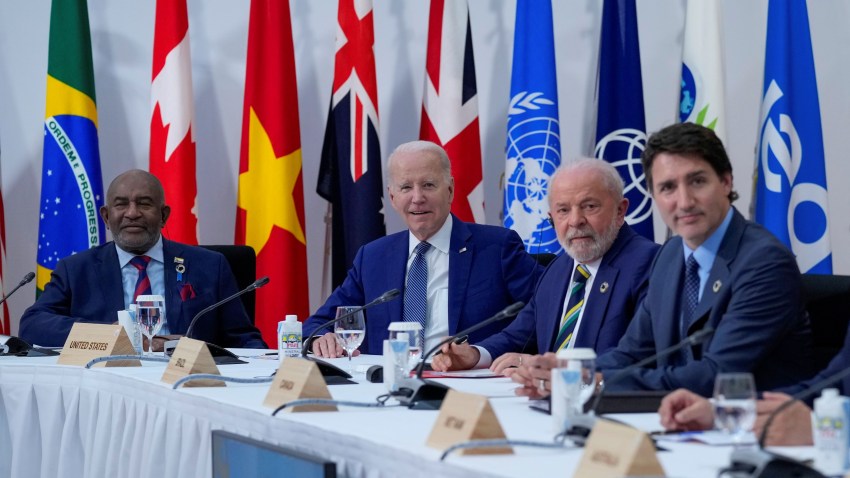At the G-7’s three-day summit hosted last weekend by Japanese Prime Minister Kishida Fumio in Hiroshima, the assembled leaders discussed a broad range of issues, including the war in Ukraine, growing tensions between China and the West, nuclear nonproliferation, artificial intelligence and sustainable development.
Another major theme of this year’s summit was the stated efforts by the rich, industrialized nations that make up the G-7 to engage with the Global South, amid intensifying geopolitical competition between the West and an adversarial axis led by China and Russia. Leaders from India, Brazil, Indonesia and Vietnam were invited to Hiroshima, as was Comorian President Azali Assoumani, who attended in his capacity as the African Union’s rotating chairperson.
But the presence of these leaders from Africa and the rest of the Global South had little impact on the substantive outcomes from this year’s summit, where the concerns of countries outside the group once again took a back seat to an agenda set by the small coterie of rich, mostly Western nations that make up the G-7.

